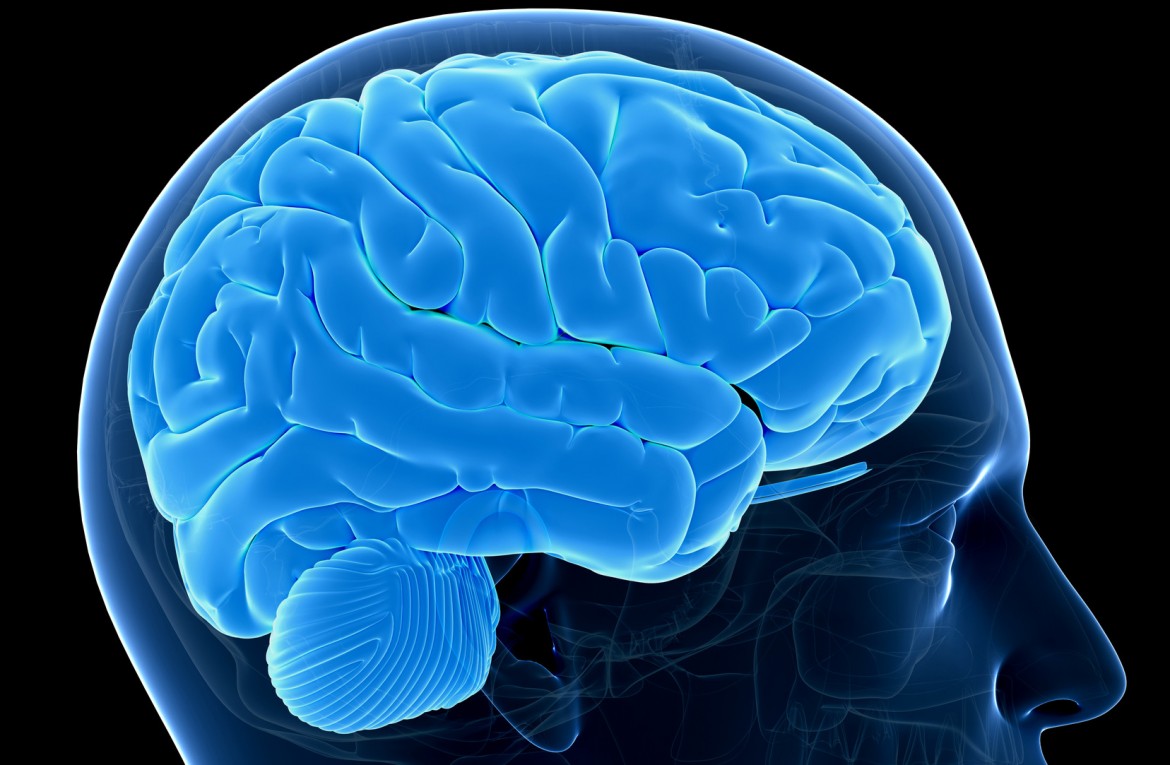A recent study is giving new hope for those suffering from difficult-to-treat depression.
According to researchers, psilocybin, a compound found in psychedelic mushrooms, may be useful in treatment-resistant depression. The preliminary study was published in the journal Scientific Reports and has some all ears over its findings.
Researchers began by analyzing functional magnetic resonance imaging (fMRI) data of 19 participants with a diagnosis of treatment-resistant major depression; they did not organize a control group with placebos. Before and after receiving psilocybin, 16 of the 19 participants had their cerebral blood flow (CBF) and blood oxygen-level dependent (BOLD) resting-state functional connectivity (RSFC) examined by researchers.
In the findings, researchers say all 19 participants exhibited a rapid decrease in depressive symptoms in the first week following treatment with psilocybin. At five weeks in, almost half of all participants, or 47%, continued to show therapeutic conditions.
Psilocybin affected two areas of the brain: the default-mode network and the amygdala, causing participants to feel a ‘reset’ in their brain, according to the study.
“Whole-brain analyses revealed post-treatment decreases in CBF in the temporal cortex, including the amygdala. Decreased amygdala CBF correlated with reduced depressive symptoms,” the study found.
While the results suggest that psilocybin, a serotonin agonist, can have significant benefits on the brain, it shouldn’t be utilized to self-medicate, researchers warned; as its effects on the brain are still poorly understood.
